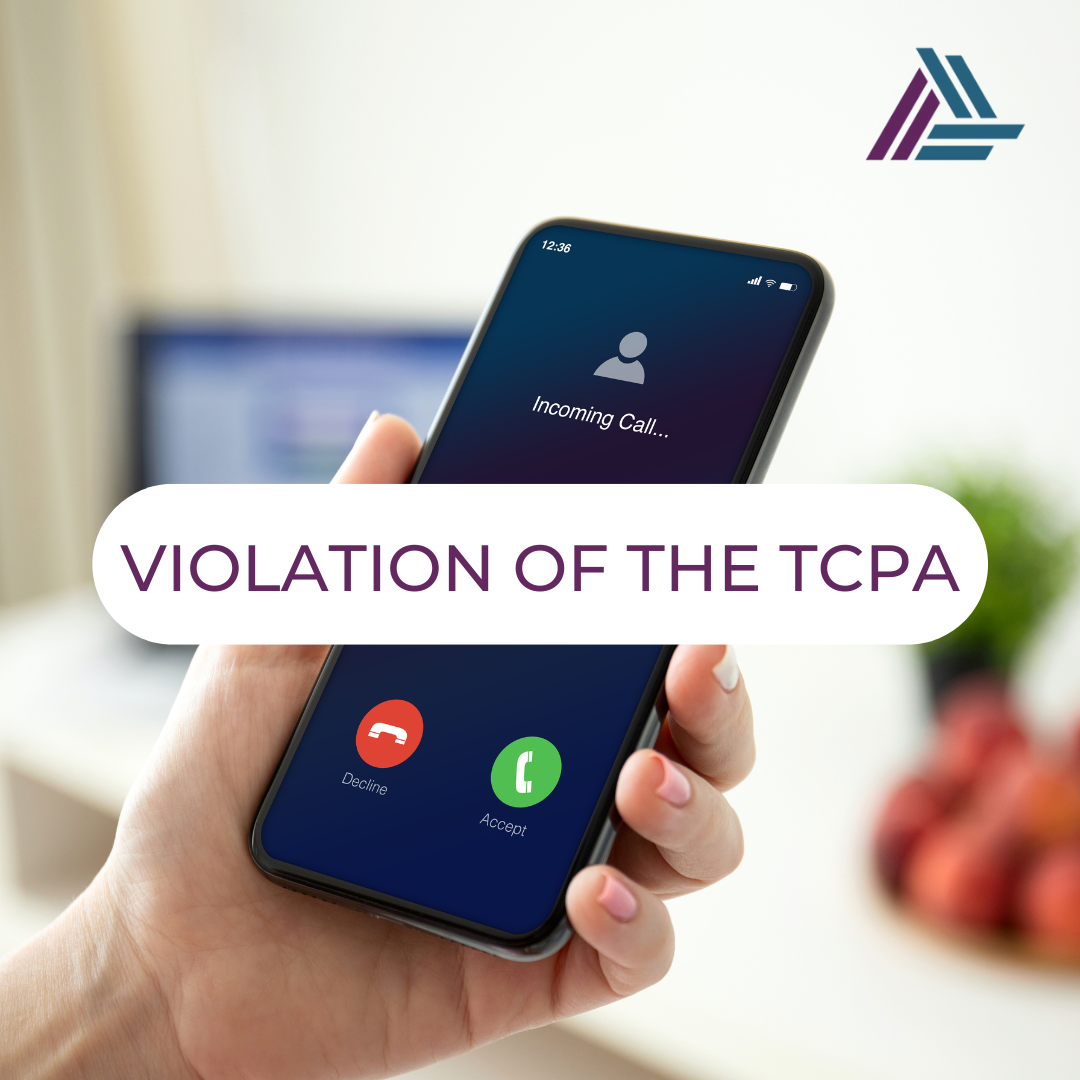What is the TCPA and How Can it Stop Unwanted Calls and Texts?
The Telephone Consumer Protection Act (“TCPA”) is a federal law that was instituted to protect consumers’ rights to privacy and to cut back on annoying or unwanted calls and texts.
The national Do Not Call Registry was created under the TCPA and gives consumers a place to register their phone number to prohibit telemarketers from making unwanted solicitations. You can register both your landline and mobile numbers on the Do Not Call Registry.
Some calls violate the TCPA even if a consumer hasn’t registered on the Do Not Call Registry. Unsolicited auto dialed calls with pre-recorded marketing messages or calls with artificial or prerecorded voice technology are a violation unless you have expressly consented to allow that caller to contact you.
Currently, if you revoke your prior consent to receive calls or texts, a company has 30 days to honor your request to stop these contacts. The FCC has recently proposed to cut this timeframe down to 24 hours, and those changes are being reviewed.
Companies that violate the Do Not Call Registry or the TCPA are subject to statutory penalties of up to $500 per incident, and a consumer may be eligible to receive damages of up to $1,500 per call/text.
If you are receiving unwanted calls or texts and want to learn more about your rights, call KMT LAW PC for a free consultation.

